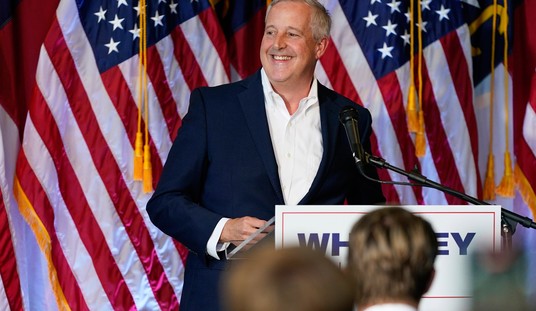I will be the first to admit that the “conservative media” in Louisiana is often just looking to find flaws in anyone so they can build themselves up as a better conservative than a politician. Good for readership or ratings or whatever. However, I have to look at this move by Bobby Jindal and wonder if it is really the best move to make.
After years of hewing zealously to a promise never to approve a tax increase — a pledge that he believes also prevents the elimination of any state tax breaks — Gov. Bobby Jindal on Fridayunveiled a budget plan for the coming year that trims tax credit programs by a whopping $526 million.
If the Legislature goes along with Jindal’s pivot on tax giveaways, the resulting windfall would plug roughly one-third of the $1.6 billion shortfall in the 2015-16 state budget.
Nearly three-fourths of the savings the state would realize from cutting the tax credits would come from a single program: the inventory tax credit. That credit for the past two decades has provided a full refund for inventory taxes, a property tax paid by businesses to local governments in Louisiana.
The tax is paid by more than 100,000 businesses, but the biggest payers tend to be oil refiners and other heavy industries. Any major cut to the refund program will face a stiff headwind of opposition from the state’s business lobby.
First, a little bit of background: The Inventory Tax is so stupid it should have been repealed a very long time ago. It is exactly what it sounds like – a tax on a business’s inventory. Essentially, whatever remains unsold from the previous year (certain types of inventory apply, not all), you pay a tax on. Instead of repeal, sometime during the Buddy Roemer administration, we came up with a tax credit that reimbursed businesses who paid the tax in full.
The problem here is two-fold: One, Bobby Jindal is effectively increasing taxes (if not in name, almost certainly by deed). If you’re confused because you think that he signed Grover Norquist’s tax pledge, well, don’t you worry: The Americans for Tax Reform has blessed the move, calling it a spending cut and not a tax increase. Joy of joys. What is tremendously bothersome is that Jindal went to Norquist’s group to have them proclaim it “Not a tax!”, but it still is a major tax increase on business who would otherwise be reimbursed for the cost.
Add to that the very real fear that this could open the door to the oil and gas processing tax getting put back on the table, something that would do very real damage to the oil and gas industry in the state. Republicans tend to get caught in the trap of being called pro-big business (in particular, in Louisiana, you can often be beholden to the oil and gas lobby), but this hurts businesses across the spectrum, and is very much a big concern for those eyeing Jindal as a fiscal conservative.
The second reason this is a problem is because greatly diminishes the business competitiveness of the state. The Jindal administration has long-touted just how competitive Louisiana has gotten, but a move like this can undo that.
To be fair, Jindal’s moves are limited. The state’s constitution is filled with so many protective amendments that the only state programs he can really cut from are higher education and health care, both of which are continuously seeing budget cuts. While higher education may not be an ally of conservatism, it is still ill-advised for a state government to drive them out of business. Fewer options for college drive more students out of state, many of whom do not come back (post-graduate retention is another issue Jindal harped on early in his administration). Of course, in Louisiana, you have four university systems when really you shouldn’t have more than three (to be honest, two would be ideal, but the LSU system would never allow that), and changing that has been attempted in the legislature before, albeit to massive failure.
Heath care is an even worse place to cut, though Jindal has made some admirable moves, such as privatization in some areas where critics said the efforts would fail – and those critics were wrong.
Jindal is one of those who could be a major contender in 2016, but issues like this inventory tax credit repeal and the fact that, despite his later protests, Common Core is in the state because of him will weigh him down if his opponents pounce on them. The credit repeal alienates business supporters in the state while Common Core alienates base conservative voters. It is not impossible for Jindal to survive attacks based on these issues, but they have the potential to set them back if they are delivered by the right messenger.













Join the conversation as a VIP Member